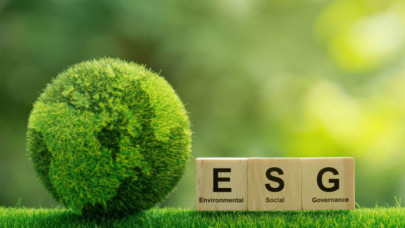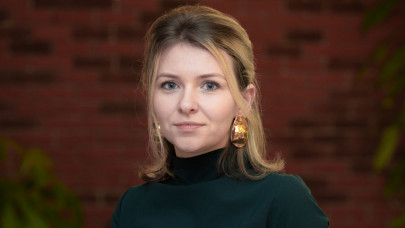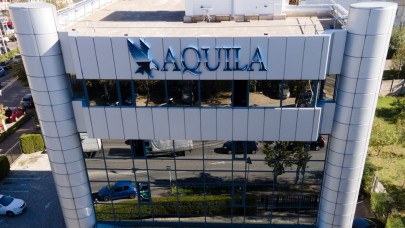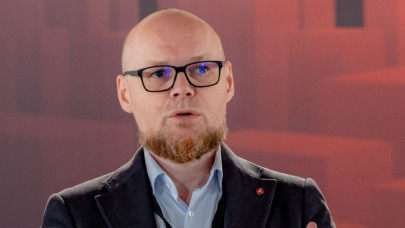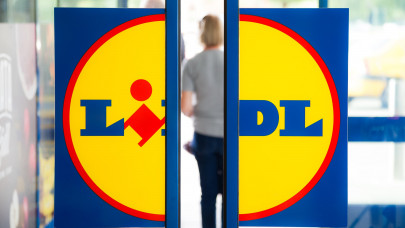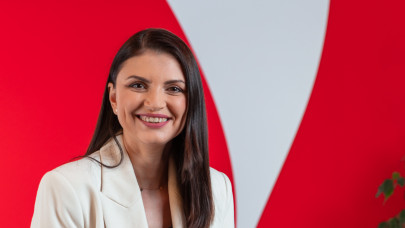In 2022, the company reported significant progress in its nutrition, agriculture, social (people and communities), water efficiency, and access to safe water goals. PepsiCo continues to work to reduce climate emissions and the use of virgin plastic.
In Romania, PepsiCo reported the following results:
- PepsiCo Romania made substantial investments in new production lines. These advanced lines have reduced utility consumption per unit produced by over 15%, further increasing energy efficiency.
- The company changed the composition of the rPET (recycled PET) preforms used for PET bottles. This innovation allowed the reduction of electricity consumption in the blowing process by up to 20%, contributing significantly to sustainability goals.
- PepsiCo Romania carried out several resource conservation projects, which led to a 5% reduction in water, electricity, and gas consumption. These projects include upgrading cooling towers, conveyor management, compressor boosters, and adopting LED lighting solutions.
- The company has introduced hybrid cars to reduce emissions. 80% of its car fleet is hybrid, which has resulted in a reduction of 1,000 tons of CO2 per year.
- PepsiCo Romania installs solar panels in all owned locations. This initiative will provide a significant amount of clean energy of 1.2MWh, reducing the carbon footprint and promoting renewable energy sources.
Globally, PepsiCo reported the following results:
- For the second year running, 75% of the convenience food portfolio volume did not exceed 1.1 grams of saturated fat per 100 calories. PepsiCo initially hit that goal in 2021, four years ahead of schedule.
- Further reducing added sugars and sodium in its product portfolio in 2022. PepsiCo has 56% of its beverage portfolio volume containing less than 100 calories from added sugars per 12-ounce serving, up from 53% in 2021. PepsiCo now has 68% of its convenience food portfolio volume at or below 1.3 milligrams of sodium per calorie, up from 66% in 2021.
- Doubling the footprint of regenerative agriculture by 2022, reaching more than 900,000 acres (364,140 hectares) globally. PepsiCo has helped farmers become more resilient and reduced agricultural carbon emissions by more than 330,000 metric tons—the equivalent of taking more than 73,000 cars off the road for a year.
- Exceeding the company's goal of achieving 10% Hispanic representation in US leadership positions. PepsiCo achieved this goal three years earlier.
- 22% improvement in water efficiency in operations since 2015 in high-water risk areas. PepsiCo is now closing in on its 2025 goal of 25%.
- Ensuring access to safe water for an additional 12 million people by 2022. Since 2006, PepsiCo has provided access to safe water to more than 80 million people.
"PepsiCo is at the forefront of demonstrating how food companies and producers can effectively collaborate to grow sustainable, affordable, and safe food. PepsiCo has made significant investments in agriculture and led the way in engaging producers early on to ensure sustainability goals are both achievable and mutually beneficial," said Chandler Goule, CEO of the National Wheat Growers Association, commenting on PepsiCo's approach to engaging farmers and leveraging regenerative agriculture practices. to address climate change.
The company aims to make greater progress in reducing packaging and emissions.
"Decoupling the growth of our business from resource use will always be difficult, but achieving our long-term goals is critical and we are quickly learning how and where we need to adapt. We have issued $2.25 billion in green bonds since 2019 and have made - and will continue to make - substantial investments towards key parts of our pep+ agenda, including achieving our Net Zero target and reducing the use of virgin plastics," says Jim Andrew, Director general for sustainable development.


